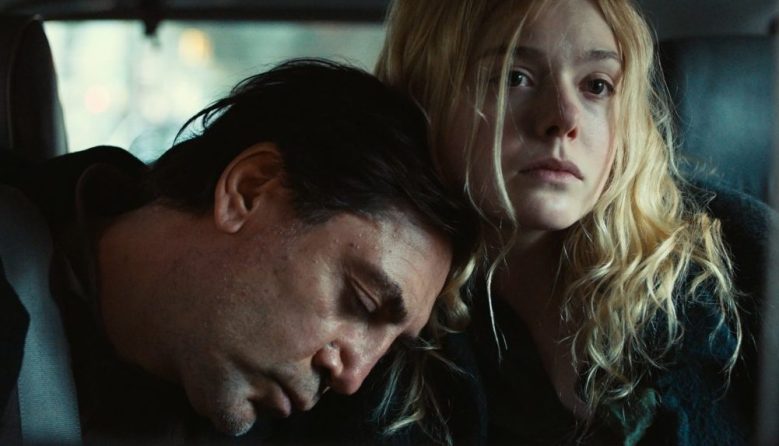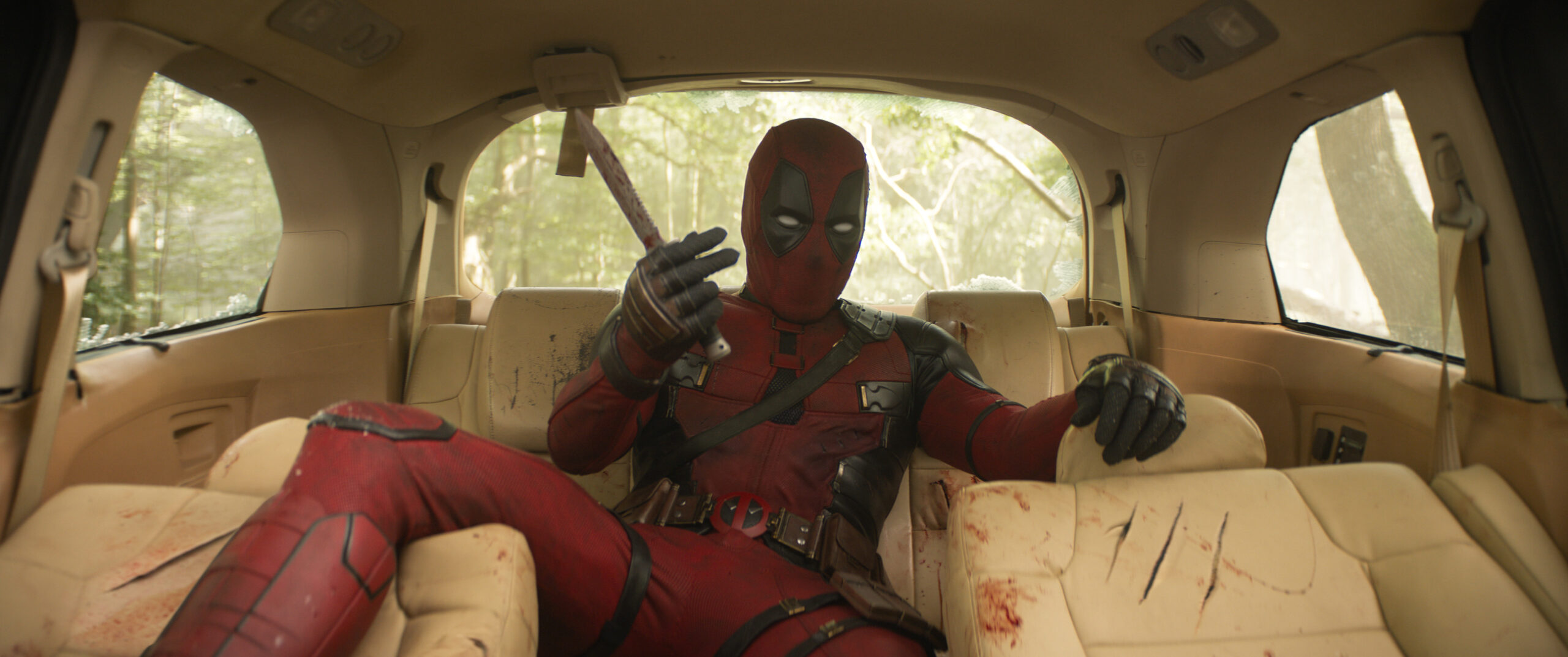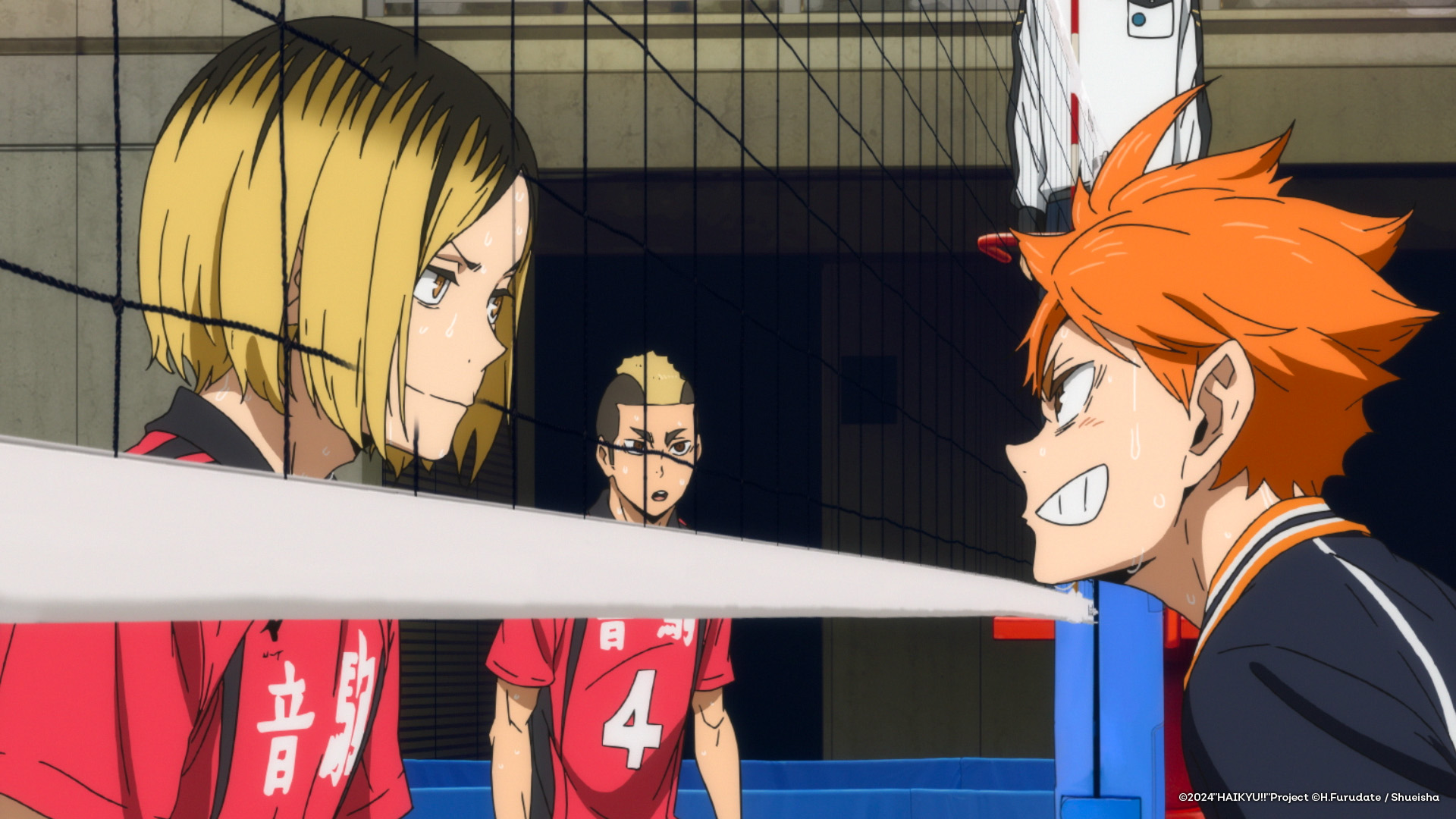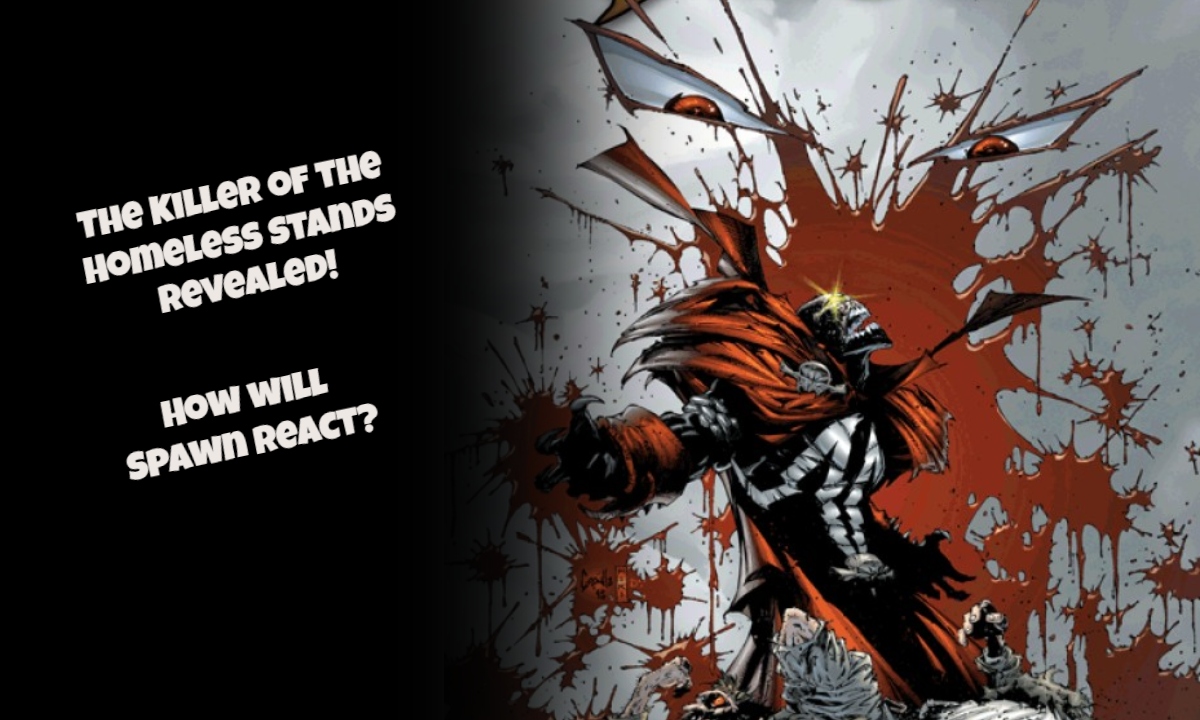
I had the opportunity to speak with Sally Potter, the writer and director of the new drama Roads Not Taken. The film stars Javier Bardem, Elle Fanning, Laura Linney, and Salma Hayek. It covers a unique “day in the life” a woman as she deals with her father’s chaotic mind.
This chaotic mind is affected horribly by dementia, but it acts as a vehicle to explore the titular “roads not taken” of a character. In our discussions with Sally Potter, we talk about the very personal reason she came up with this story and how she went about getting it made.
Roads Not Taken hits theaters tomorrow!
Nancy Tapia: I’m great, thank you. Thank you for making the time to discuss The Roads Not Taken. So in this film, you had great characters, but I feel like the main character was in quotes, “the dementia in this case.” Not only that, but bringing it up that it doesn’t only happen when you’re older, but also at a young age. As a writer, how did you come up with this story or this concept?
Sally Potter: Well, I think it’s about human fragility and masculine vulnerability. But how I happened to settle on this particular illness as an example of that vulnerability and fragility and how we navigate around it and how you are cared for and so through direct experience in my life of two people. One was an old friend who got multiple sclerosis, became unable to speak, and over a 20 year period, I gradually became her kind of translator to the outside world. The other was my younger brother who contracted young onset dementia and I organized his care over a two year period until he passed on. So I had really direct experience of illness. The unfairness of illness and the way that people are treated and what happens when you try and have people take care of you love, but you also have a very busy life yourself.
So that kind of became the cluster of subjects that I then transformed, turned it into a different setting, different languages and different and so on and used as the basis of experience, let’s say, I used as the basis for the authenticity of a day in the life of this man, wealthy and cared for by his daughter and an exploration of what might be going on in his mind, which is not just a bunch of tragic symptoms, but a very complex brain that might be functioning differently but might be functioning in an interesting way. Thus exploring the roads not taken in his life that exist in parallel.
That’s kind of a long, complicated answer to your question, but I hope that does it.
Nancy Tapia: No worries. No worries. We have time to discuss. Okay. So you had your personal, and I’m sorry to hear the personal experiences, the two, with your brother and friend, but in this case, as a writer, what made you do a concept of like father and daughter relationship.
Sally Potter: Well I think because that’s, so lots of people who’ve had this experience of a relative. It’s the more common one, right? It’s people who suddenly find that one of their parents, the very person who after them when they were little has suddenly become the one who needs looking after. Or it could be a grandparent or whatever. But so I transposed it from being the thing that I knew more about, which was the sibling one. Although I had to go look after my own mother with a different kind of illness. So I think there’s something very touching about when you realize your own parents are vulnerable. So I thought that would be the relationship that could hold it very well. And I wanted to see it through the eyes of a young woman of today who has her own life, her own ambitions. She’s a journalist and so on, but is also struggling to do the right thing and love and take care of her father. And gradually realizing on this particular day, it’s not going to be that easy.
Nancy Tapia: Mm-hmm (affirmative). Also in this case, the denial part that Molly has, she says, “Why are you talking about him like he’s not here?” I mean, that’s pretty big and painful. My eyes were watery throughout a lot of parts of the film, but that part was like, “Wow.” It doesn’t dawn and the acceptance is hard.
Sally Potter: Yeah. Well, I don’t think that so much as denial actually as reality because I think people treat people with dementia or other forms of mental illness as if they’re not there, but they are there. They’re just different or in a different kind of space and it can be very, very hurtful to see someone you love being treated in a disrespectful way, in that way. I don’t think that’s denial. I think it’s seeing people as more than just the symptoms that they’re manifesting. And at that point in the story, she’s just being very protective towards him as an individual because she sees the whole person, she sees him. He looks different. He’s not communicating clearly, but he’s there, in some way, he’s there.
Nancy Tapia: What a good point, because I mean, one of my favorite scenes was Leo creating these new memories with Molly. So that you’re right, you’re right. It wasn’t so much denial. So that was kind of like a nice light of hope for Leo.
Sally Potter: Exactly. Yeah, exactly. And the mind is a very complicated place. When they do like a brain scan of somebody like eating a banana and then they ask the person to imagine them eating a banana. The brain scan looks kind of the same. So we, in our minds, don’t always distinguish between what’s real and what’s imaginary. He is visiting in his head the lives he could have lived as if they are coexisting in his head. These are parallel lives of himself. The person he could have been in different lives and she gradually realizes that’s what he’s doing. But it takes the whole film for her to put the pieces of the jigsaw together.
Nancy Tapia: And Sally, as a writer, how did you come up with the concept of, I mean, everything’s taking place like in the city and then also you have these scenes where Leo, in his mind, when he was like in Greece-
Sally Potter: He’s in Greece, he’s in Mexico.
Nancy Tapia: How did you come about these total opposite directions?
Sally Potter: Well, I think, I’m sure you as well, but most of us have these moments where we realize we could have gone in one direction or another, right? We could have stayed with the person we were in love with at school or gone on or we’re with the person we were with now, or we could have followed a different career path. We had to make choices at some points, but, and some of them radically different maybe. But the fact is we do make a choice. We get on one road rather than another road. But the rest of the story in a way as well, but maybe another little part of you carried on down that other road. It’s just that you can’t see it anymore. It’s like it’s a possible self or a possible life certain in your head. I don’t know if you’ve had this experience, but I certainly have, well what if I had done, gone and lived in that country or this country, what would my life be there? So that’s where it started. Is that kind of what if question.
And then when I started to do research, I found out that like in physicists, there is a theory of parallel universes where everything that could be is in some sense like lots of parallel sort of slices of reality. So, and in certain religions, we think of the self as a kind of illusion that it’s just this indefinable essence that could move into one body or another body.
So, there’s lots of ways of thinking about who we are and what we are and the choices that we make. And when it’s an illness as mysterious as this dementia, it’s a way of exploring that really, who are you, who are you actually? Are you the place you’ve landed up or could you be somebody else?
Nancy Tapia: So that’s where your title comes from, the roads not taken.
Sally Potter: Yes, the Roads Not Taken. Exactly.
Nancy Tapia: So we all definitely relate there.
Sally Potter: Yeah, exactly. You don’t have to have dementia to relate to that idea. So I wanted to bring those two ideas together. So for me to go back to your first question, this is not a story about dementia. It’s more like about the consequences of the choices that we make in life.
Nancy Tapia: Okay. Yeah, that’s a more, more broader concept. So, okay. Moving on. As a writer, let’s talk about you as also directing this film. What were some of the challenges you came up with, from having your written script to putting it on the big screen?
Sally Potter: Well, the first big choice that you have to make as a director really is have to cast it. Who’s going to play this? Who’s going to embody the ideas you’ve had in your head and bring them to life. So doing the casting, that was very big. And then the practicalities with this particular story of how the hell are we going to shoot like Mexico, Greece, New York, in the space of the schedule as it was 26 days.
Nancy Tapia: 26 days of filming?
Sally Potter: Yeah, yeah. So eventually after going some research in Mexico and in Greece, eventually we found two places in Spain that look like Mexico and Greece. It’s very pragmatic, isn’t it? Filmmaking is very practical when it comes down to it. Choosing colors, choosing places, choosing people, putting it all together in a way that begins to make it all real and not just words on a page or thoughts in your head. So that’s the director’s job is making it real, making it happen, making it real, making choices, making decisions.
Nancy Tapia: Wow. 26 days. That’s pretty challenging. That’s-
Sally Potter: Yes it was.
Nancy Tapia: Okay. Well let’s talk about the casting. I mean you got great actors. I mean Javier Bardem, Elle Fanning. Not to mention Salma Hayek. How did you get these wonderful cast?
Sally Potter: Well the first step is always the same. You send them the script and the letter, in my case it was send Roger the right personal letter and then we get to meet then it moved very quickly from there, in my experience. If you manage to sort of bond in that first meeting and get the beginnings of a feeling of trust or excitement, it moves with swiftly on from there. So that’s how it happened. Elle Fanning, I had already worked with before and so I knew what she was like to work with and I have great cheers, amazing cheers. So I was delighted to be able to ask her to do it. Javier and I had not worked with before, but I did admired much of his work and I needed somebody who was that kind of charismatic somehow to hold a role that didn’t always rely on speech. Selma Hayek, I could never imagine anyone different actually in the role of Dolores. This wonderful Mexican woman and Laura Linney as somebody who could reasonably look like Elle Fanning’s mother and who has in a way a very sharp scene somebody with very precisely written about being an ex.
How do you relate to your ex when they suffer? You may marry somebody and vow to be with them in sickness and health but what if you get divorced, do you still have to be responsible? So you know, she’s coming at the whole thing from another angle. And these are all actors I admired and loved from a distance and it was just great to be able to put them together.
Nancy Tapia: Yeah, I mean for, there was like an interesting scene for Laura Linney playing Rita, how it’s her ex-husband, but yet she’s there and at some point, does this gesture of hugging and kissing his forehead. Like, okay.
Sally Potter: Yeah.I talked about it with Laura and we talked about how once you’ve loved somebody in your life, you kind of love them forever, but you move on. But some part of you still feels that deep kind of affection, but you can’t go on being responsible for them after you’ve moved on in your life, moved on into another relationship. So it’s, you feel divided at that moment, whereas you don’t have that choice as a child, you’re linked to your parent for ever. A parent is going to link to their child forever unless something goes terribly, terribly wrong, of course, something traumatic, but on the whole it’s the relationship you live with forever really, unlike marriage, which can be temporary, it can be.
Nancy Tapia: Mm-hmm (affirmative). Speaking of the daughter, Molly, I mean her character, it was just so lovely to see how playful she also tried to interact with her father, Leo, like the change of pants, right?
Sally Potter: Yes, yes.
Nancy Tapia: Was that already in the script or was that kind of improvised?
Sally Potter: Oh, it was totally in the script. I mean in the moment of shooting it, she, based on discussions that we’d had, she kind of embroidered around it. They both embroidered around it and improvised it. But the core of it and what was happening and what was being said was already worked out. But she improvised in the moment and reacted in the moment to rather unpredictable things that Javier was doing. And she did that with great zest and good humor based on stories I had told her.
Nancy Tapia: Oh, okay. That was very witty and very cute. Very playful. One thing that you also, that stood out that people, I mean, when these generation Z times can definitely relate how you chose, when the scene in the dentist when they’re like, they’re like, “Well, do you speak English?” and she’s like, “Yes.” I mean, you use this stereotype. I don’t know if that’s what I should say, but I mean the common reality of today that a lot of the generations from America are taking care of their kids. I mean, taking care of the parents that were immigrants.
Sally Potter: Yes. Well, I think that, it’s a lot of immigrants have that experience of people being prejudiced against them because of their accent or because possibly they don’t belong or people feel they shouldn’t belong. And at the moment those kinds of attitudes, those populous attitudes and nationalist attitudes unfortunately are on the rise worldwide. So I wanted to portray somebody who’s therefore facing two different difficulties. One is the difficulty of living with an illness. It’s very disorienting illness and the other with the feeling of not necessarily being welcomed or not really knowing where their home is anymore. But with the second generation daughter who knows exactly where her home is, which would be the home is, the nation where she was born and is in a more stable place in her own mind, too. So that’s the kind of background feeling for the life of this person.
Nancy Tapia: So when it comes to the directing the scenes where you have Leo a little lost, can you tell us about the filming of those scenes?
Sally Potter: Well, like when he’s lost in the city?
Nancy Tapia: Yes. When he-
Sally Potter: Yeah, that’s very common experience with people with variations of this kind of illness, that they lose spacial awareness. They don’t know quite where they are and so they can physically get lost and it’s very scary for them and scary for their relatives who don’t know where they are. But I think I also wanted to create this feeling of somebody lost in the city where the whole landscape around them is a source of confusion, land of wonder and where they no longer know where home is. So he’s searching for home everywhere he looks. And the home is these other lives or these other people he’s loved].
Nancy Tapia: To start wrapping up, what do you hope viewers take away from this film? Because like we discussed, you covered a lot of different topics.
Sally Potter: Yeah. What do I hope people will take away? Well, I hope that the people who either have a relative who’s suffering from some kind of neurological illness or perhaps some other health difficulty, or perhaps has a disability, physical or mental. They will find recognition of their experience, of the kind of tragic comic mix. That some of it becomes farcical, some of it becomes very tender and loving. Some of it becomes irritating and difficult. It’s a complex bundle, too, when you’re a carer of somebody in that condition, but it’s all pushed forward by the love that you’ve got for them, the people that you love, you know? So if people find the experience recognized, and I have had feedback from people who have felt that way based on the things that they’ve experienced, that’s very gratifying.
Otherwise, I hope that people will find in it the more universal questions about the roads they took or did not take and that it gives them a vehicle, if you like, to contemplate the consequences of their own choices in life and wondering what might have been if they’d made different choices.
Nancy Tapia: Well, now I am going to take a second thought of those choices when they come up in my life, for sure. Thank you so much, Sally, for your time. I appreciate it.
Sally Potter: Thank you.
Nancy Tapia: I think viewers are going to appreciate your film as much as I did.
Sally Potter: Thank you very much.
Roads Not Taken hits theaters tomorrow!
LRM Online contributor and active Army soldier Kyle Malone needs your help. CLICK HERE to lend a hand to the cause!
—–
Have you checked out LRM Online’s official podcast feed yet The LRM Online Podcast Network? This includes our flagship podcast Los Fanboys, our premiere podcast Breaking Geek Radio: The Podcast, GeekScholars Movie News, and our morning show LRMornings. Check it out by listening below. It’s also available on all your favorite podcast apps!
Subscribe on: Apple Podcasts | Spotify | SoundCloud | Stitcher | Google Play

 FOR FANBOYS, BY FANBOYS
Have you checked out LRM Online’s official podcasts and videos on The Genreverse Podcast Network? Available on YouTube and all your favorite podcast apps, This multimedia empire includes The Daily CoG, Breaking Geek Radio: The Podcast, GeekScholars Movie News, Anime-Versal Review Podcast, and our Star Wars dedicated podcast The Cantina. Check it out by listening on all your favorite podcast apps, or watching on YouTube!
Subscribe on: Apple Podcasts | Spotify | SoundCloud | Stitcher | Google Play
FOR FANBOYS, BY FANBOYS
Have you checked out LRM Online’s official podcasts and videos on The Genreverse Podcast Network? Available on YouTube and all your favorite podcast apps, This multimedia empire includes The Daily CoG, Breaking Geek Radio: The Podcast, GeekScholars Movie News, Anime-Versal Review Podcast, and our Star Wars dedicated podcast The Cantina. Check it out by listening on all your favorite podcast apps, or watching on YouTube!
Subscribe on: Apple Podcasts | Spotify | SoundCloud | Stitcher | Google Play



